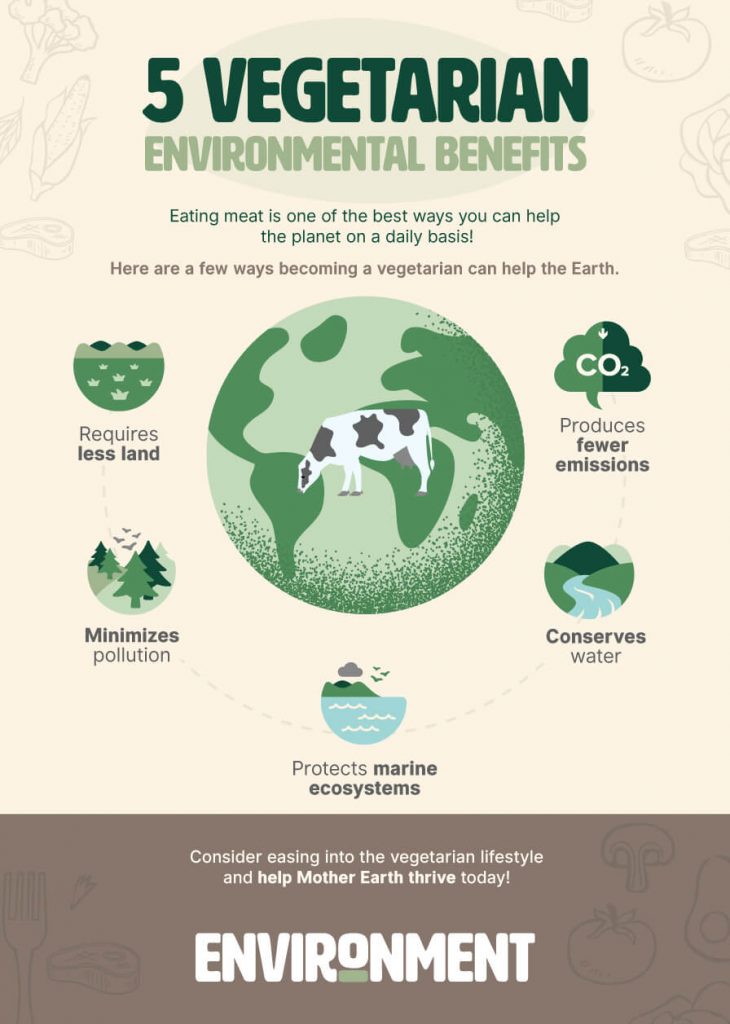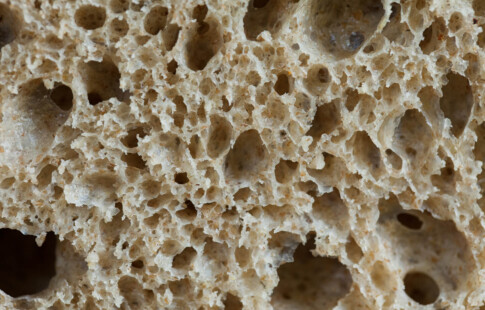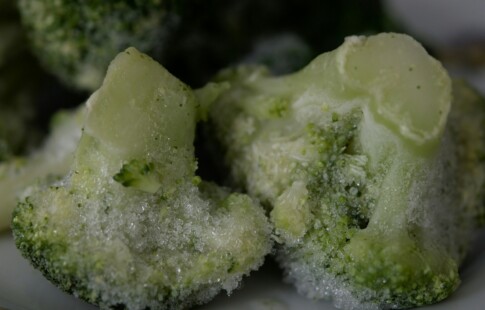
5 Vegetarian Environmental Benefits
We are reader-supported. When you buy through links on our site, we may earn affiliate commission.
The new year is right around the corner and, if you’re looking to lose a few pounds, you might be considering a vegetarian diet. Of course, eating more fruits and vegetables comes with a slew of health benefits and can even increase your life expectancy. However, vegetarian environmental benefits have clearly been documented, especially as meat consumption continues to grow.
Within the past 50 years, global meat consumption has increased fivefold and, if humans don’t change their trajectory, consumption will double again by 2050. This dramatic rise will only continue to wreak havoc on natural ecosystems and the growing populations that call Earth their home. Therefore, if you want to defend the planet and benefit the environment, the best way to do so is to eat less meat.
Here are a few ways becoming a vegetarian can help the Earth.
1. Requires Less Land
Agriculture takes up half of the world’s habitable land. However, meat-eaters use far more space than vegetarians. Livestock accounts for about 80% of global agricultural land but produces less than 20% of the world’s calories. Meanwhile, plants continue to supply us with more calories and protein, even though they only take up 23% of habitable land.
As the human population grows, farmers will have to reduce livestock production to make room for people. The world will also have to devote more land to reforestation operations. The more trees there are, the more carbon they’ll be able to store, and, as much carbon livestock emits, every acre of forest counts.
2. Produces Fewer Emissions
Like trees, crops produce oxygen, which is incredibly beneficial to the environment. Animals, however, produce methane, nitrous oxide, and other gasses that pollute the air, warm the earth, and accelerate climate change. Cows are the worst culprit by far, emitting four times more GHGs per calorie than pigs or chickens. Beef also emits 20 times more GHGs per gram of protein than common plant proteins, making crops more beneficial to the environment.
The entire process of producing, packaging, and transporting meat also produces more emissions than it does to process plants. Meat factories use nearly 17% of fossil fuel in the U.S., with energy costs representing their fourth-highest operational cost. Whether they use this energy to light their facilities or grow animal feed, it ultimately burns off as GHGs and ends up in the atmosphere.
3. Minimizes Pollution
Vegetarianism can also minimize non-atmospheric pollution. Since crops don’t require antibiotics and hormones like animals, they typically release fewer pollutants into soils and waterways. Growing feed crops also entails more fertilizers and pesticides than most other crop varieties. Thus, cutting out meat and replacing it with vegetables could effectively minimize chemical use and subsequent pollution.

Manure and wastewater containing livestock excrement severely harm ecosystems as well. Since factory farms don’t have high-quality sewage treatment systems, most of the slop will end up in lakes, rivers, oceans, and the earth’s topsoil. Once the waste contaminates the environment, it will severely damage ecosystems and pollute underground water supplies with nitrogen, phosphorus, and nitrates.
4. Protects Marine Ecosystems
When people consider adopting a vegetarian diet, many don’t realize that they’ll also have to give up seafood. However, leaving shellfish, fish, and crustaceans off your plate can benefit the environment — most notably by protecting marine ecosystems. Modern trawlers can take in 800,000 pounds of fish in just one netting, destroying coral reefs and wildlife populations along the way. Now, commercial products are overfishing tuna, swordfish, and cod, thereby disrupting the entire aquatic food chain.
Fish farming can also wreak havoc on marine ecosystems by directly contributing to water pollution. Many farmers keep large numbers of fish in a single location, which can result in high concentrations of feces that can easily enter nearby waterways. Additionally, some will use potent antibiotic drugs to prevent parasites and premature death within their stock. These drugs often enter the food chain through consumption and pollution.
5. Conserves Water
Today, one in nine people lack access to safe water as farming uses more than 70% of the world’s stores. Most of this water goes towards raising livestock. One pound of meat requires 2,400 gallons, and large pig farms may need as much water as an entire city. Meanwhile, producing one pound of wheat only requires 25 gallons of water. Thus, if the demand for meat were to decrease, the world could conserve water and reallocate it to those who need it most.
Still, vegetarians seeking vegetarian environmental benefits should remain conscious of plant products that may use excessive amounts of water. For example, many vegetarians still enjoy roast coffee, but production may require even more water than chicken or pork. Some plant products like soybeans and rice may also use more water than crops like corn and sugarcane. Therefore, if you’re looking to make the most water-conscious choice, you might have to conduct a bit of research before making your shopping list.
Becoming a Vegetarian
If the vegetarian environmental benefits have convinced you to try a meat-free diet, start small. Begin by eating meat, fish, and poultry less frequently. Then, you can remove certain items from your diet altogether. Easing into the vegetarian lifestyle will make you more likely to stick with your new food choices and create healthier habits. Eventually, you won’t even have to think about whether or not you want steak for dinner or bacon for breakfast.
Share on
Like what you read? Join other Environment.co readers!
Get the latest updates on our planet by subscribing to the Environment.co newsletter!
About the author

Jane Marsh
Starting from an early age, Jane Marsh loved all animals and became a budding environmentalist. Now, Jane works as the Editor-in-Chief of Environment.co where she covers topics related to climate policy, renewable energy, the food industry, and more.





